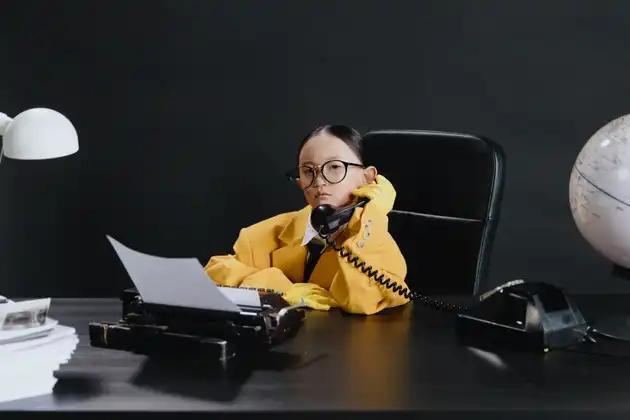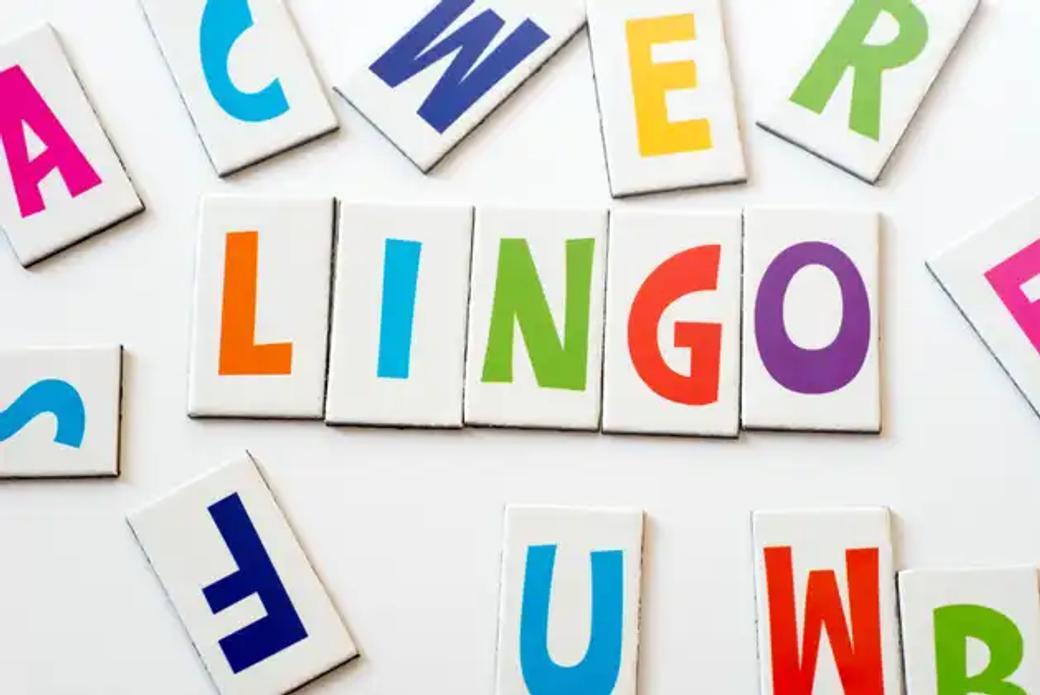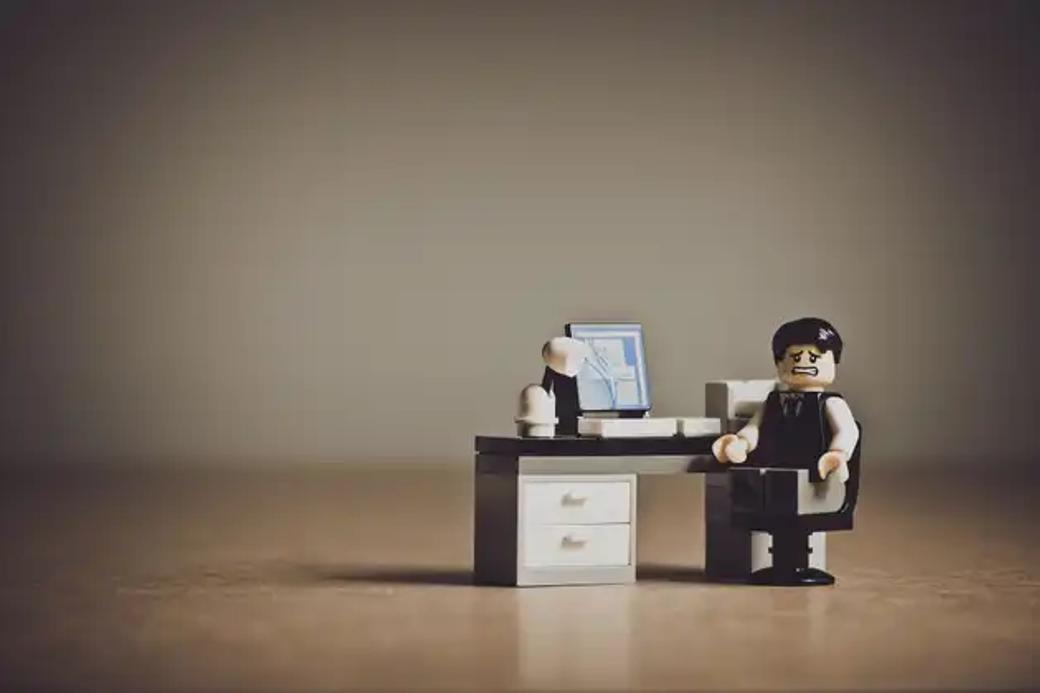How many times have you been talking with someone on your cellphone and at some point in the conversation, you've asked, "Are you still there?" With modern cellphones and VOIP (Voice Over Internet Protocol) dominating our modern phone communications, it's not uncommon to lose a connection and carry on talking to absolutely no one, that is until we notice the silence on the other end.
While you probably have no control over the internet or how well a cell phone grabs a wireless signal, your Customer Service Agents do have control over silence or "dead air" while they help customers over the phone. One of the ways they can eliminate dead air is through the use of hold - "Hold music" is a way to let one side of the conversation know that the call is still connected while they wait and an effective way for Agents to focus on the customer's issue. Maybe they need a little time to research or perhaps the system that contains their account details is notoriously slow - whatever the reason, the use of hold is an effective way to ensure that the caller knows they're still there.
Proper hold technique is easy to master and contains only 3 elements:
- Request permission to place caller on hold
- Refresh caller if extended period of hold is needed
- Express appreciation for their patience when ending hold
"Telling" is not the same as "asking." Always get permission for hold by asking - it's as simple as, "Mrs. Parker, do you mind if I place you on a brief hold while I…?" Once they agree, then place them on hold.
How long you keep a caller on hold before refreshing them is up to your organization, but it's typically no more than 2 minutes. To do this, simply ask them to hold a little longer. "I apologize for delay, Ms. Watson. It should only be another minute or so - do you mind holding again?"
Let's face it - hold is useful and certainly better than dead air, but it's still not great. When used the caller should be thanked for their patience when it's over!! This is also a great opportunity to personalize the interaction by using their name - "I really appreciate your patience, Mr. Osborn."
The next step is providing your agents with the tools to avoid hold altogether by providing them the resources and Words that Work when they need them, which is why we developed Happitu.
Fun Fact:
Hold music was born in the early 1960s, a few years after the first transatlantic phone cable was laid, between Newfoundland and Scotland. As a greater volume of calls were being placed, especially to big businesses, the phenomenon of being asked by the switchboard operator to please "hold" — a word that connotes both the cradling of a telephone and a clinging on to one's patience — increased in turn. An industry legend is that Alfred Levy, a factory owner, discovered the potential of hold music accidentally when an exposed wire in his telephone system was picking up the broadcast of a radio next door. Levy submitted a patent in 1966 for a "Telephone Hold Program System," which described the psychological frustrations of being on hold in prim detail. "Courteous telephone practice requires that a held caller be assured at reasonable intervals that the party to whom he wishes to speak still is busy but the pressure of her duties may prevent the operator from so advising the incoming caller so that he may be bereft of even this small consolation," Levy wrote. "In any event, listening to a completely unresponsive instrument is tedious and calls often are abandoned altogether or remade which leads to annoyance and a waste of time and money." So, Levy proposed, some music might be in order — much like the kind that was increasingly broadcast to restaurants and bars and department stores by Muzak.
From NPR's The Many Requirements Of Hold Music, A Genre For No One



